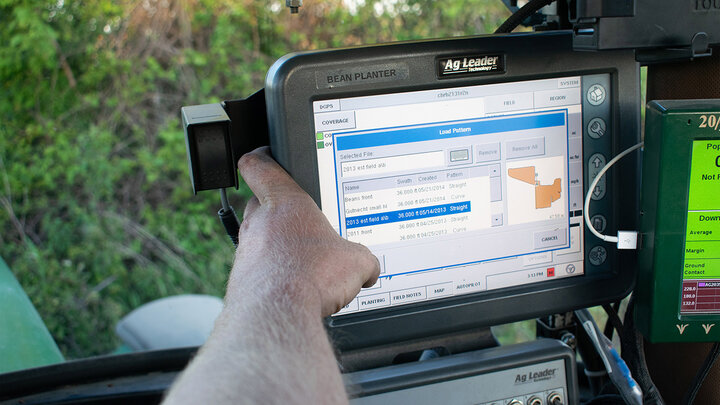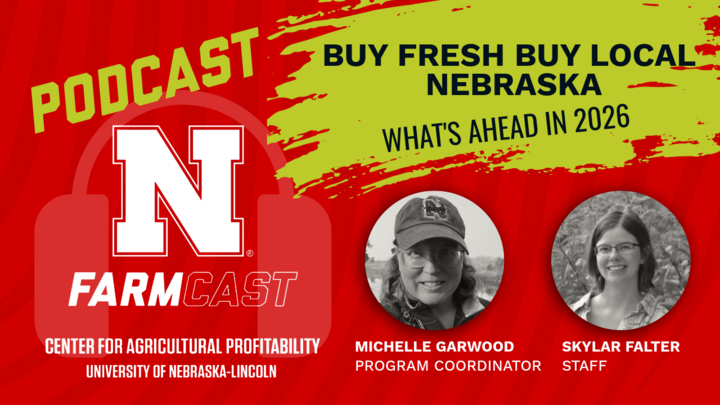In my work with agricultural families, I’m seeing a growing and difficult reality: many farms and ranches today don’t have a successor within the family. While this absence can simplify parts of estate planning, it often creates deeper, more emotional challenges, especially when legacy and identity are tied to the land.
This article is the seventh in a series supporting farm and ranch owners facing this transition. If you're just joining, I recommend reading the earlier pieces at cap.unl.edu for helpful background.
In the first article, I encouraged you to think differently about your legacy. It doesn’t have to end with your family. You might consider offering opportunities to employees, tenants, or neighboring producers.
Helping someone outside the family doesn’t mean shortchanging your heirs. Often, this means creating an agreement that allows someone, like an employee, tenant, or neighbor, to buy assets from your heirs, trust, or company. In order to ensure that your wishes are carried out, you might consider an option-to-buy agreement as a part of your estate and transition plan.
In an option-to-buy agreement, the person you want to have the option (i.e. an employee, tenant, or neighbor) is referred to as the “holder.” This agreement grants the holder the right, but not the obligation, to purchase the property. If the holder fulfills the terms outlined in the agreement, they can force the property's owners (i.e. your heirs) to complete the sale. If you wish to prevent your heirs from being legally required to sell the property, be sure to read the next article in this series, which covers preemptive rights, including first right of offer and first right of refusal agreements.
Here are the six basic terms that should be included in an option-to-buy agreement.
- Who has the option? First and foremost, the agreement must identify the holder. Often, this is a single person.
- Exactly what can they buy? Include a legal description of the property.
- What is the timeframe? There are two critical time-related elements that must be addressed. First, how long does the holder have to decide if they want to purchase the property? Second, how long do they have to pay for the property?
- What is the price? The option-to-buy agreement must specify the price or include a formula for determining it. Avoid vague terms like “book value” or “fair value,” as they can lead to disputes. Instead, consider using more concrete valuation methods such as tax-assessed value or appraisals. You may also choose to include a discount as part of the pricing structure, if appropriate.
- When does the agreement apply? Often, in the context of estate and transition planning these agreements trigger at your death.
- How will the transfer be funded? Possibilities here include cash, an installment note, or life insurance. Life insurance backed buy-sell agreements are discussed in detail here: https://go.unl.edu/tc8y
Where do these agreements come into play? It depends on what other estate and transition tools (wills, trusts, companies, etc.) you are using. I implore you to have a professionally drafted agreement and review the agreement with your heirs. Make sure the holder knows how to exercise the option to comply with the terms. Additionally, if this agreement is for real estate, it should be recorded with the county register of deeds.
While these agreements can be useful, they can come with additional challenges. First, if there is a delay between your death and when the property actually sells, your heirs will need to have the resources to maintain the property. The cost of property taxes, insurance, irrigation maintenance, etc., should not be taken lightly. Moreover, your heirs need to have the business acumen to be able to manage the property. It should be your top priority to make sure they are prepared for this role. If no one is prepared for this responsibility, consider the use of a farm management company.
When there’s no family successor, your legacy can still live on through thoughtful planning. Tools like these allow you to support someone else in farming or ranching while providing an opportunity for your heirs to receive an inheritance.
Other articles in this series
Navigating Farm Succession Without a Family Heir
- Part 1: Embracing Change and Coping with Loss
- Part 2: The Question
- Part 3: Advisory Team
- Part 4: Everyone Needs These Documents
- Part 5: 7 Common Concerns
- Part 6: Leasing Land to Non-Related Parties
- Part 7: Option-to-Buy Agreements with Non-Related Parties (this article)
- Part 8: Right of First Offer and Right of First Refusal
- Part 9: Selling Assets During Life




